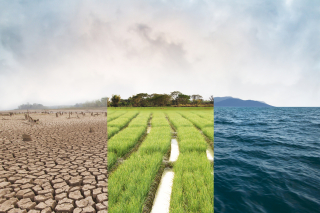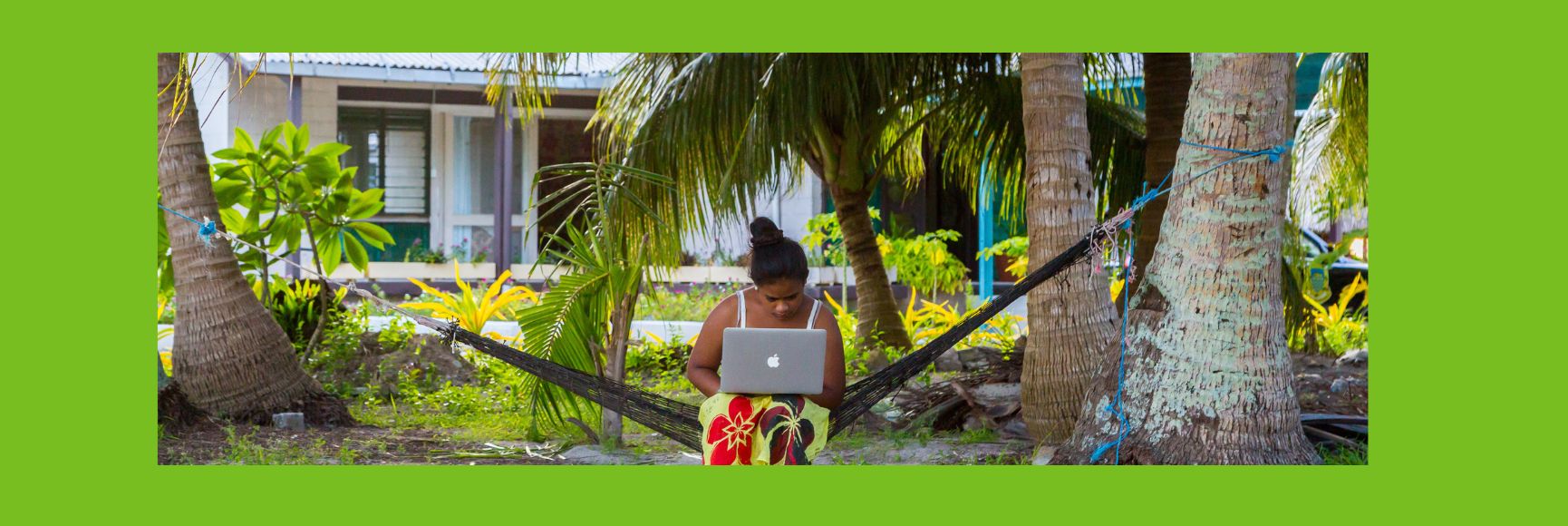
Posted by Delaine McCullough and Paul Steele[1]
A new space for discussing issues related to the use of public finance systems for addressing the climate crisis, build equitable and resilient societies, and strengthen environmental stewardship was launched this week.
The “People, Planet, & Public Finance” podcast from the International Budget Partnership (IBP) and the International Institute on Environment and Development (IIED) is part of a joint effort to strengthen domestic climate finance accountability in countries most vulnerable to the impacts of climate change.
Budgets, Accountabililty, and Avoiding Climate Catastrophe
Upwards of $500 billion per year are being mobilized in response to the climate crisis. It is vital that this effort is not undermined by inefficient and ineffective spending or perceived or actual corruption. Regardless of source, much of this money is managed by national and subnational governments in highly vulnerable countries through their domestic budgeting systems.
Unfortunately, findings from IBP’s Open Budget Survey indicate that many of these countries have some of the least open and accountable budgeting practices in the world. The risk is that such systems are more likely to produce poorly designed, or poorly implemented investments to mitigate the impact of climate change and support people most affected by climate hazards. And because of the interaction between climate catastrophe and poverty, failure to improve these systems could have serious implications on IBP’s and IIED’s shared agenda to realize equitable, just, and sustainable societies.
IBP and IIED have joined forces to explore how best to support civil society organizations in three climate-vulnerable countries and increase accountability. As is true of all public policies, decisions about how to raise and spend financial resources for climate action are determined through a political process that too often excludes those who are most vulnerable to the impacts of climate breakdown.
Our program is based on evidence that better targeted and more equitable public policies are more likely to be produced when active and empowered citizens and civil society engage governments and state accountability institutions in budget and policy processes.
The program draws on IBP’s and IIED’s substantial work in low-income countries over many years to strengthen the participation and voice of the most vulnerable citizens in the budget process and climate-related investment decisions and oversight.
Climate Finance Accountability—from International to Domestic
Until recently, climate finance analysis and debate focused on the international financial flows from developed to developing countries and global climate financing mechanisms, such as the Green Climate Fund. Increasingly, the discussion has turned to what happens with climate financial resources within vulnerable countries.
IBP and IIED have seen substantial interest from governments, donors, international bodies, and civil society in ensuring that governments are managing public funds intended for climate action appropriately and effectively.
While there is growing recognition that engaging people and civil society in climate-related finance processes is an important part of good decision making and accountability, there are gaps in the information available about how to do this effectively.
Civil society participation in domestic climate finance processes is still quite limited. And governments are fairly early in establishing the institutions, systems, and practices that govern climate-related financial management. The information and insights that are emerging through new analysis and research, together with promising examples of CSO engagement in climate finance and other “green budgeting” reforms will be very useful to a range of stakeholders.
Helping to Fill the Information Gap
Through the “People, Planet and Public Finance” podcast, IBP and IIED will curate and share new research and analysis, innovative approaches by various actors—particularly CSOs—and promising reform models for responding to the climate-related fiscal accountability challenge. The podcast will focus on climate-related public finance accountability but could also include broader natural resource governance issues.
The first episode, for instance, is presented by public finance expert Murray Petrie, who lays out his proposals for governments to improve their environmental stewardship, drawing on lessons from recent PFM reforms.
The podcast offers insights, information, and inspiration to listeners—whether they are from governments looking to strengthen their systems and practices, CSOs wanting to influence policy choices and hold governments to account, or oversight institutions seeking to fulfill their accountability mandates.
[1] Delaine McCullough is Head of Climate Finance Accountability, International Budget Partnership. Paul Steele is Chief Economist, Shaping Sustainable Markets, International Institute on Environment and Development.
The posts on the IMF PFM Blog should not be reported as representing the views of the IMF. The views expressed are those of the authors and do not necessarily represent those of the IMF or IMF policy.







